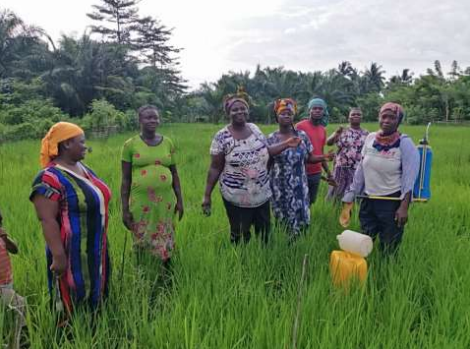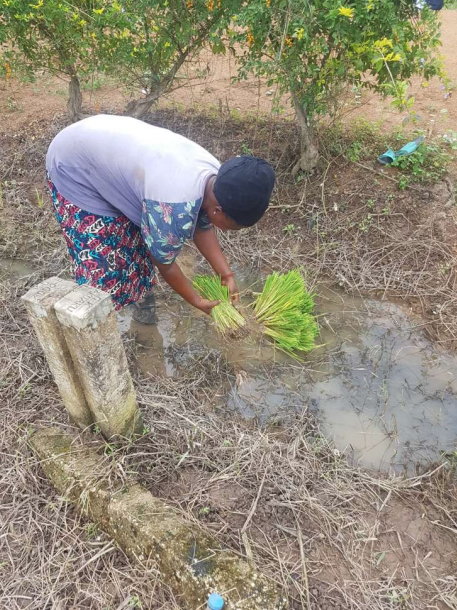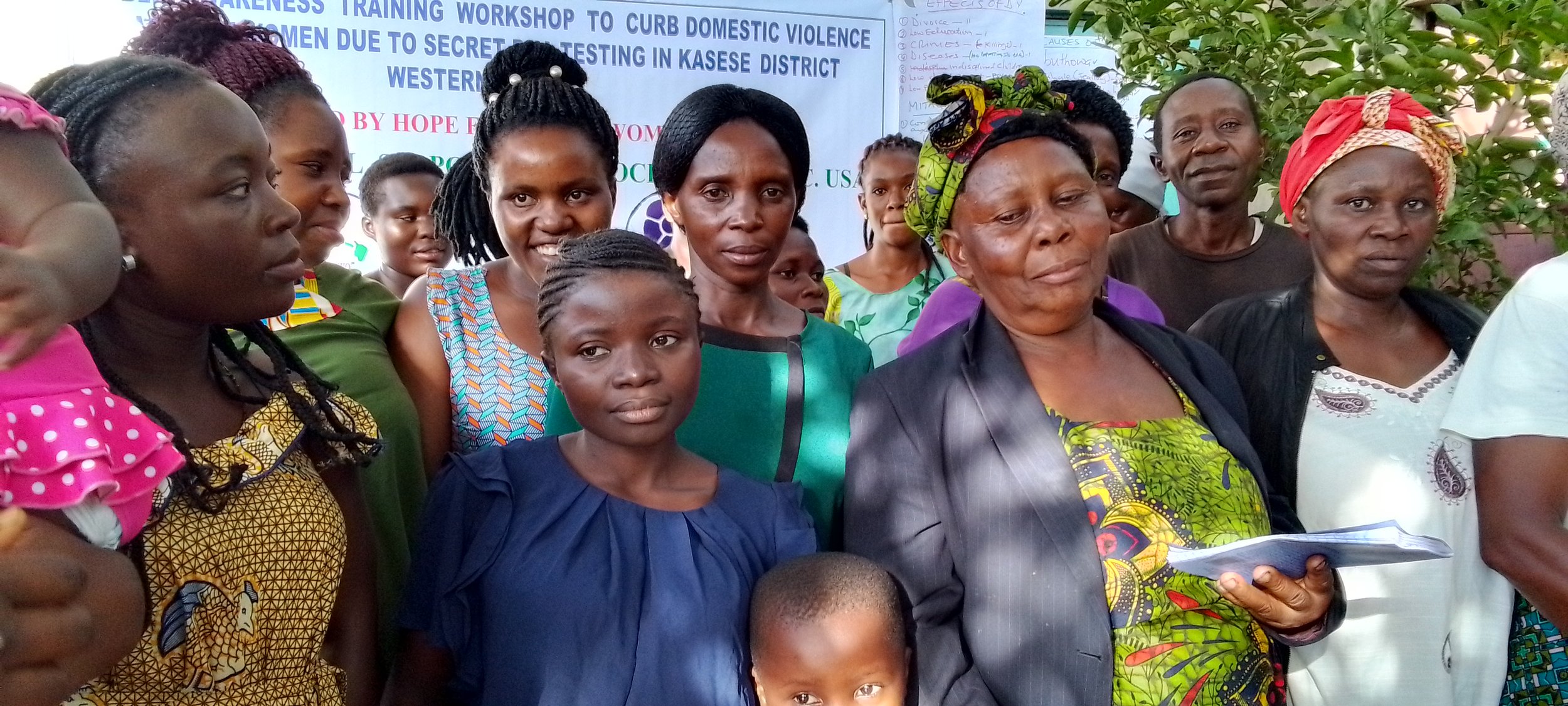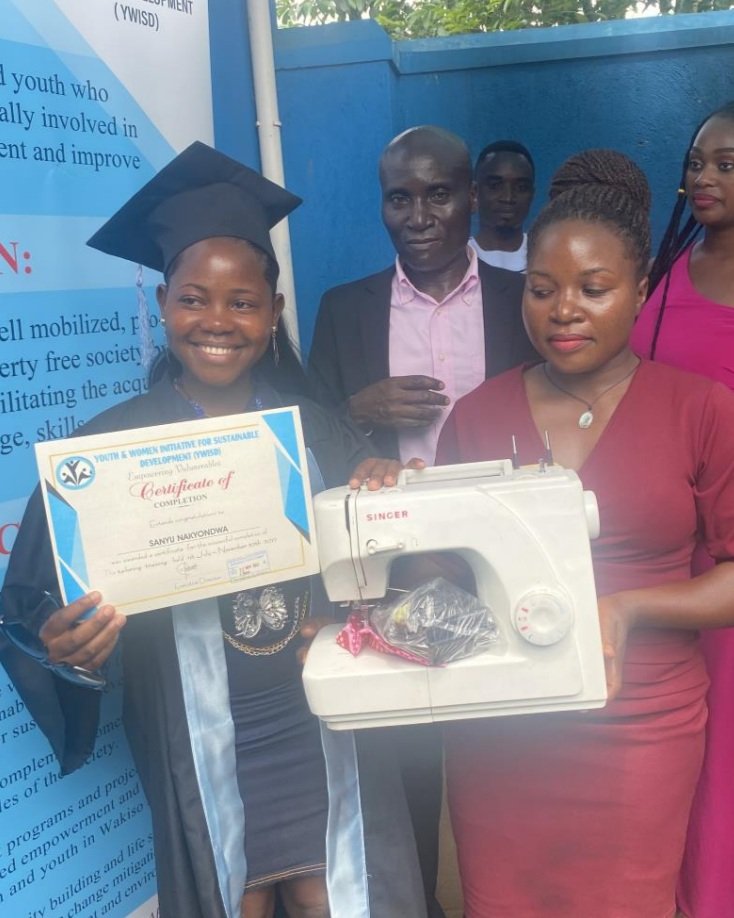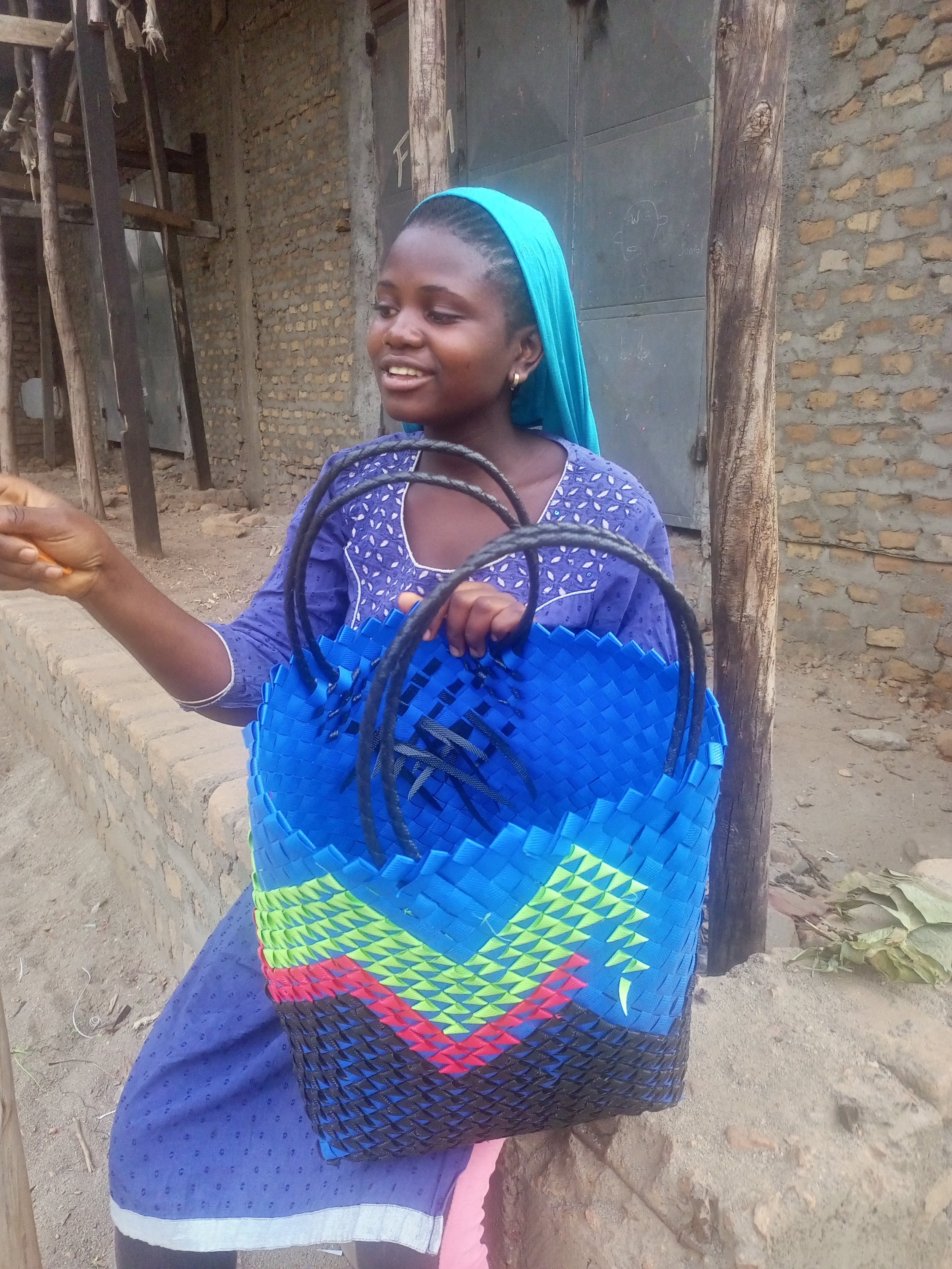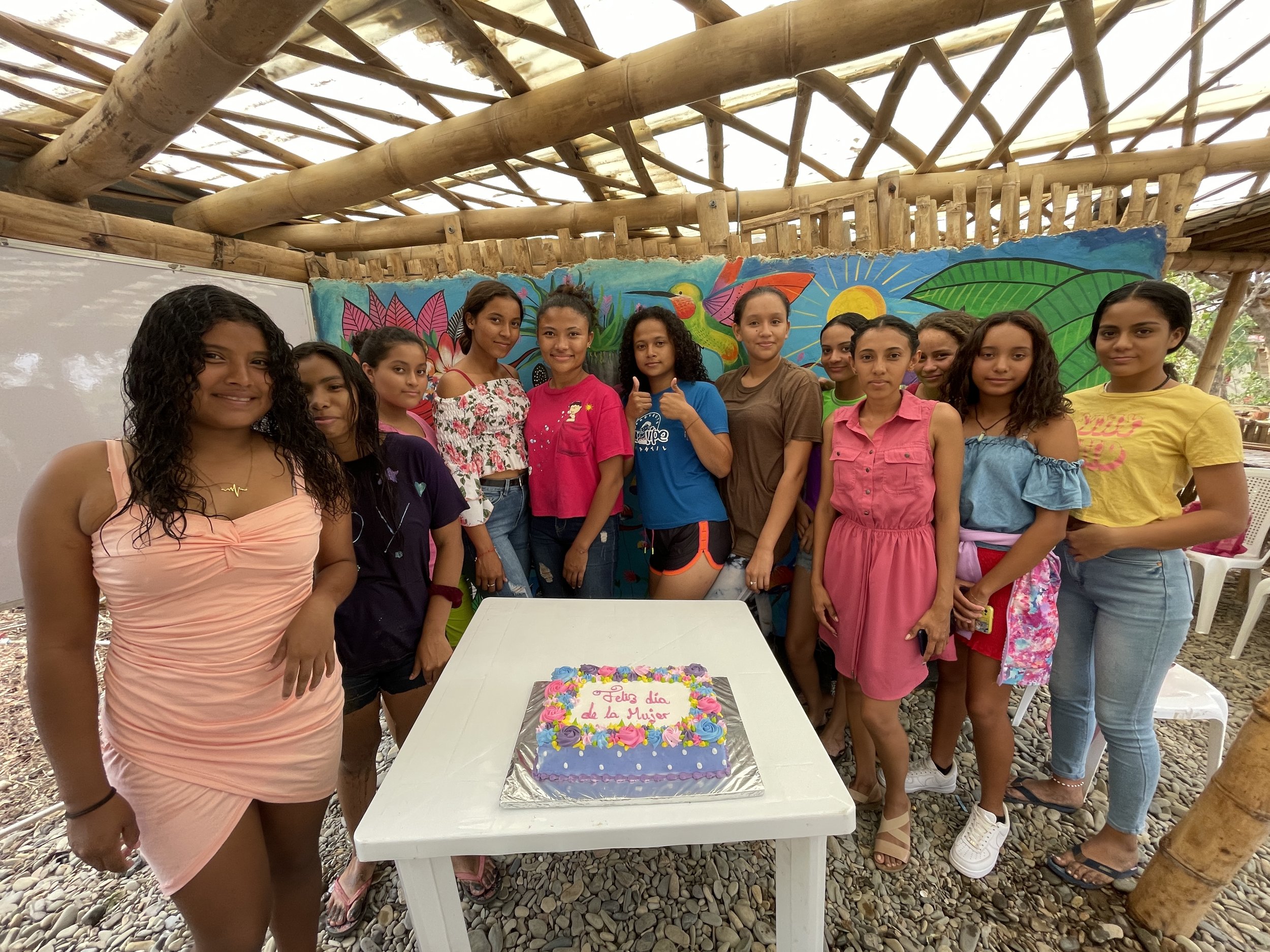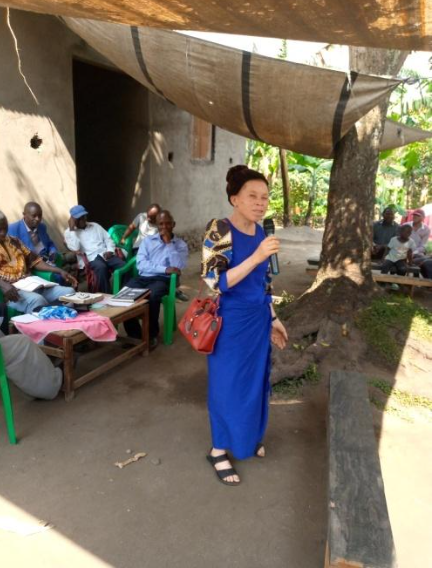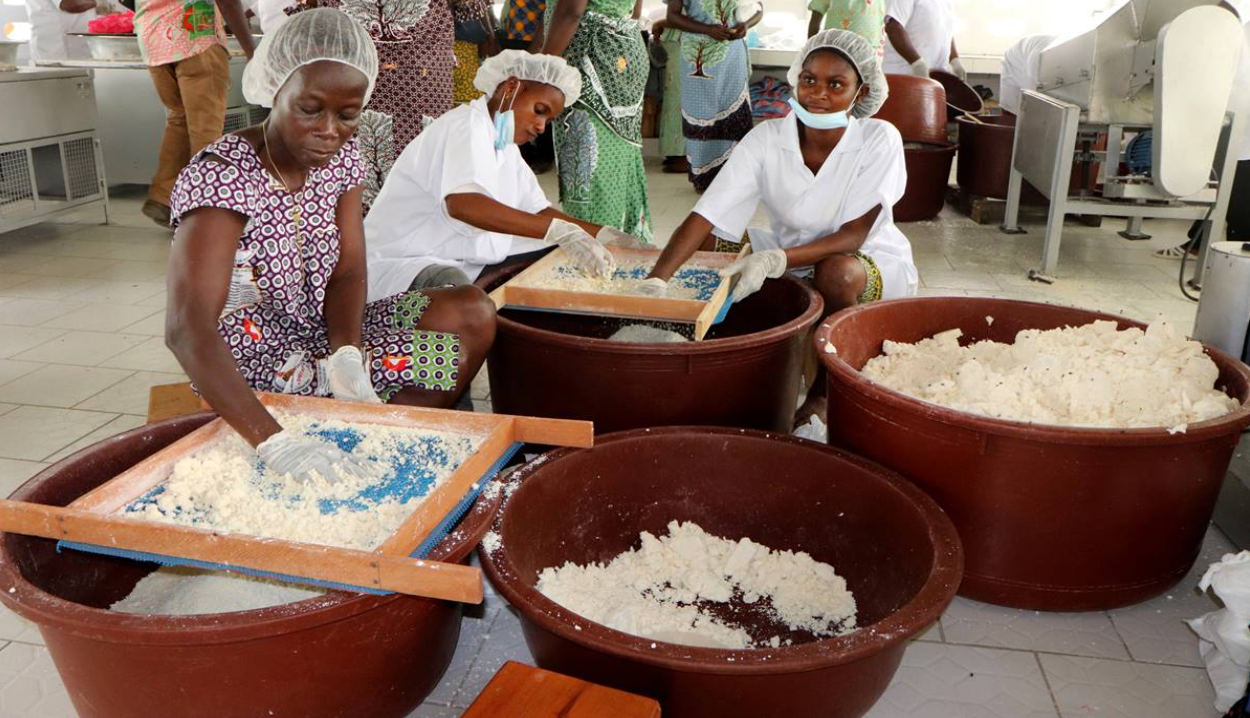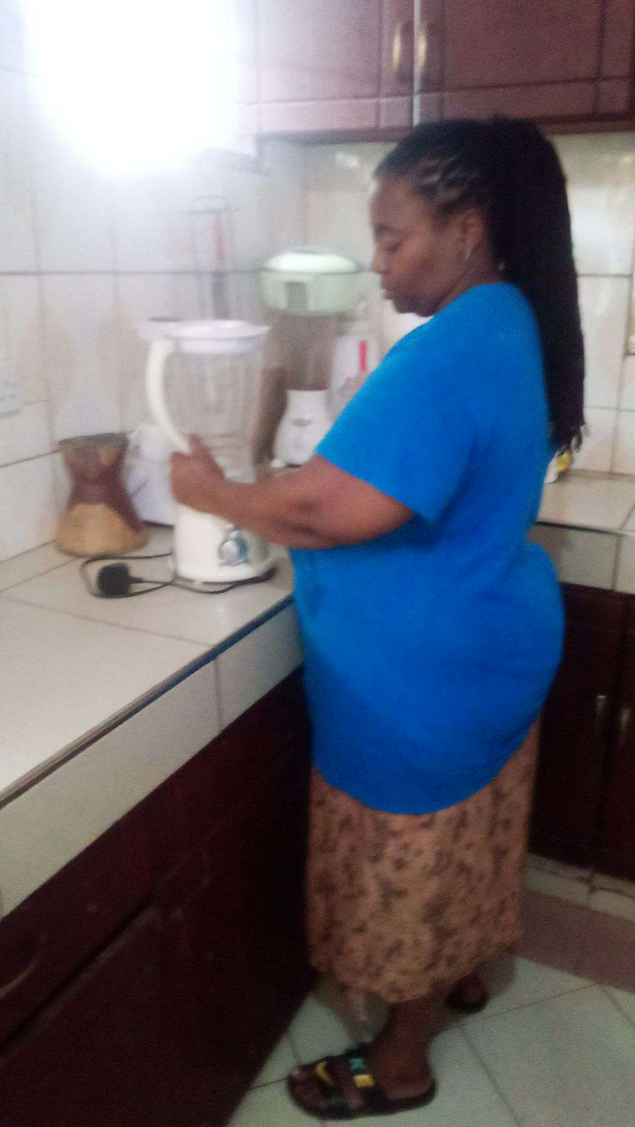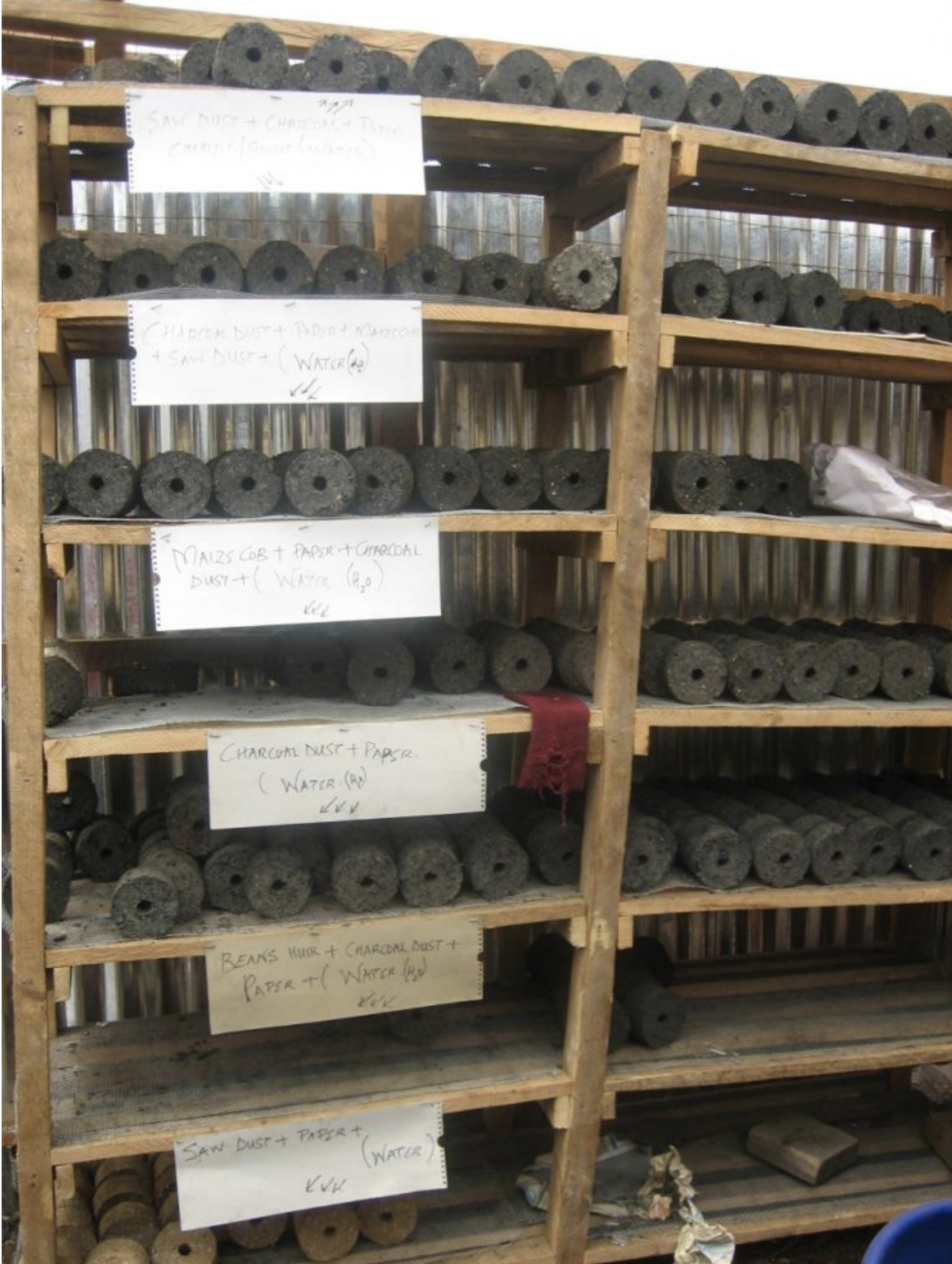Rockflower’s partnership with One Africa Research Development and Extension Programme (OARDEP) stands as an exemplary model of how strategic partnerships can drive change and uplift communities. Through its funding support for OARDEP, Rockflower is playing a pivotal role in revolutionizing rice farming in the Oti Region of Ghana. This collaboration highlights the power of synergy in achieving sustainable development goals, particularly in the realm of agriculture.
The System of Rice Intensification (SRI) Project
At the heart of this partnership is the System of Rice Intensification (SRI) project, a groundbreaking initiative that combines traditional knowledge and modern ecological practices to boost rice productivity. SRI has not only improved soil and water management but also promises a sustainable future for rice cultivation in Ghana.
In the past, proponents of SRI have faced challenges with its adoption among local rice farmers in areas like Avegeme and Abrani. However, OARDEP saw an opportunity to engage local farmers in adopting these sustainable practices through the creation of a 2 acre model SRI rice farm. Today, the organization has not only created a hub for agricultural innovation, but they have actively engaged 141 farmers in the project, with hopes to increase this number to 240, predominantly women and girls, by the project's conclusion. This marks a crucial step towards empowering women in agriculture, a core mission of Rockflower.
Training and Capacity Building
A key aspect of the project's success is the comprehensive training provided to farmers. Hands-on training in SRI and good agronomic practices has been instrumental in enhancing the farmers' expertise in rice cultivation. In addition to providing education on efficient farming practices, workshops on networking with financial institutions, farm management techniques, and entrepreneurial development have equipped beneficiaries with the skills needed to thrive in the agricultural sector.
The journey hasn't been without challenges. High costs of farming tools and equipment were significant barriers. However, farmers have creatively formed cooperatives, pooling resources to gain financial assistance from banks. Moreover, overcoming issues like irregular meeting attendance through recorded sessions and one-on-one interactions has showcased OARDEP’s adaptability and commitment to its goals.
Inspiring Stories of Change
The real impact of the SRI project is best illustrated through the stories of its beneficiaries:
Madam Osei Rose: Once reliant on chemical fertilizers, she now embraces organic methods, thanks to the SRI project. Her shift to natural fertilizer has significantly improved her farm's yield and soil quality.
Ms. Vera Francisca: Benefiting from the entrepreneurial training, she has effectively planned her farming activities, improving both her family's livelihood and her ability to manage resources sustainably.
Mrs. Bovake Gifty: A livestock farmer turned rice cultivator, she successfully integrated organic farming practices, using livestock waste as a sustainable alternative to chemical fertilizers. This shift has not only cut costs but also expanded her rice fields.
Madam Nana Ama: Her journey with SRI led to a remarkable increase in rice yield, breaking stereotypes and empowering her to share her experiences with other farmers.
Rockflower’s partnership with OARDEP in the SRI project is more than an agricultural initiative; it’s a movement towards sustainable farming, women empowerment, and community development. The stories of Madam Rose, Ms. Francisca, Mrs. Gifty, and Madam Ama are just a few examples of how strategic collaborations can create ripples of positive change, transforming lives and landscapes.

